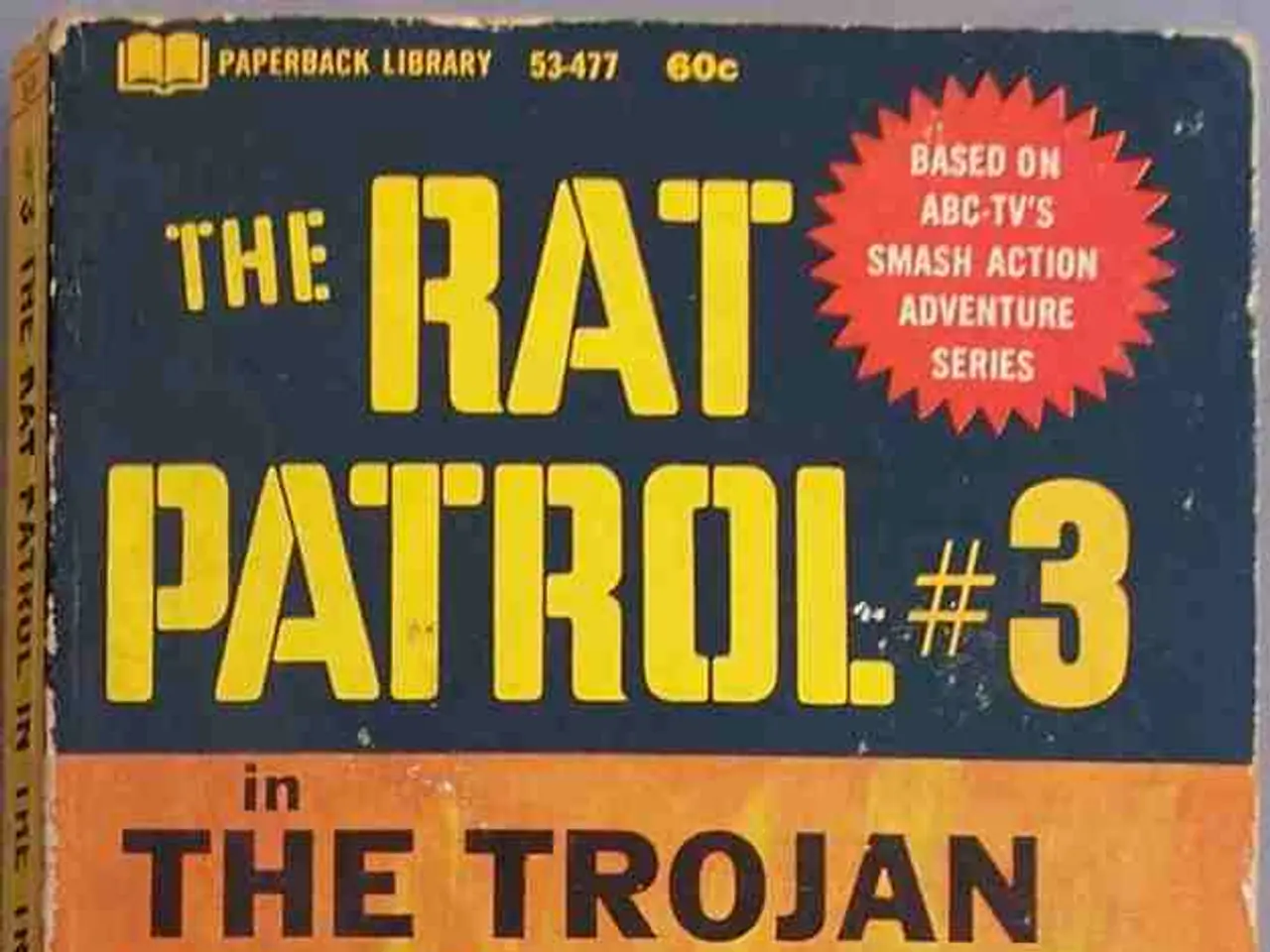The Lopsided Battle: Iran vs. Israel's Air Power Dilemma
"Israel's Prime Minister Netanyahu seeks American involvement in the ongoing conflict"
Let's talk about the curious case of a military mismatch between Iran and Israel, as expert Cornelius Adebahr reveals in the ntv podcast "Wieder was gelernt".
Iran's population stands at a whopping 90 million, so it's puzzling why its military seems less formidable against the small, yet mighty Israel. The explanation comes from recent military confrontations, as Israel managed to deal a significant blow to Iran's air defense, even going as far as sabotaging air defense missiles. This breach in Iran's defense system highlight the vulnerabilities the Middle Eastern power faces.
When it comes to the Middle East, Mossad — Israel's intelligence agency — apparently outsmarts its Iranian counterpart. As we've seen in Lebanon, Hezbollah leaders were compromised, much like Iranian leaders might have been. Israeli intelligence operatives, cleverly disguised as Iranian-born Israelis, infiltrated Iran, betraying the country's state secrets to Tel Aviv. Furthermore, many Iranians within their own security apparatus may also be working against their homeland.
Now, the weakness of Iran's allies in the region — notably Hezbollah — is a heavy burden for Iran. Once seen as an insurance for a potential conflict, Hezbollah's militia in Lebanon possessed over 100,000 rockets they could've used in retaliation. Those options no longer exist as Israel destroyed rocket production facilities and severely weakened Hezbollah's military leadership.
So, who does Iran rely on now? The Arab world may express condemnation for Israeli attacks, but they have no intention of getting involved in a military conflict in their immediate neighborhood. Syria is no longer an ally due to the fall of Assad. Russia voiced displeasure about Israeli attacks but doesn't seem keen on actively supporting Iran. China, a significant oil and gas buyer from Iran, also has no appetite for a major conflict.
Israel's military dominance can be attributed to a series of key factors. Its advanced air force, consisting of stealth F-35 fighters, nearly 200 F-16s, and over 70 F-15s, allows it to achieve aerial superiority and execute precise long-range strikes deep into Iranian territory. In contrast, Iran's air force primarily relies on aging Russian-made aircraft, with modern upgrades impossible due to Western sanctions. Israel's economy, bolstered by substantial defense budgets and technological partnerships, enables its sophisticated military equipment, while Iran's economy crippled under sanctions, limits its ability to procure advanced systems or modernize older ones. Lastly, Israel's strategic location and operations, backed by aerial refueling and superior aircraft, grants it the freedom to control massive airspace over Iran, putting a stranglehold on Tehran's strategic response.
With this catalog of advantages in Israel's corner, Iran faces an uphill battle in trying to match Israel's military might. It seems ironic that a smaller, technologically advanced nation can exert such a stronghold over a much larger power like Iran. However, Iran is not without options, and the game of nuclear chess between the two nations continues.
The community policy of silence towards the ongoing conflict between Iran and Israel allows for the escalation of tensions, as global politics fail to address the issue. Meanwhile, in the realm of general-news, the energy policy of both nations, particularly Israel's investment in advanced technology for its military, plays a significant role in the lopsided battle, with Israel's energy policy giving it an upper hand against Iran.





